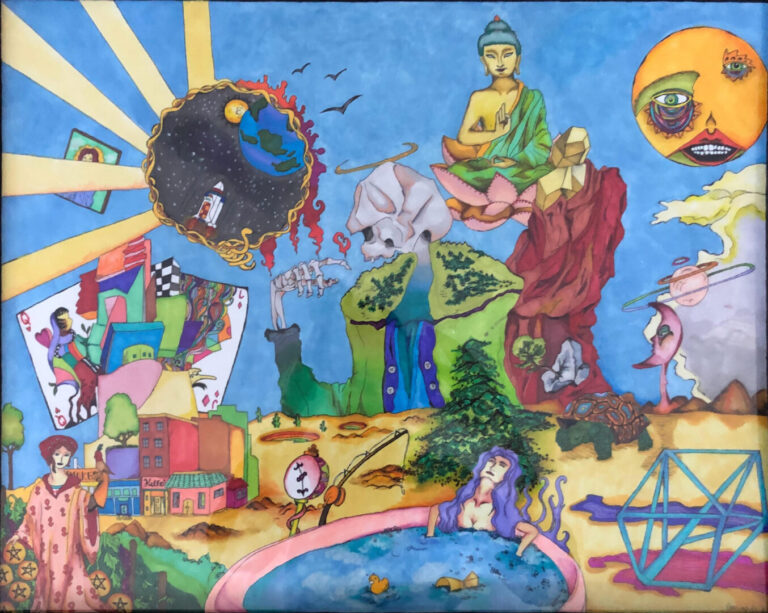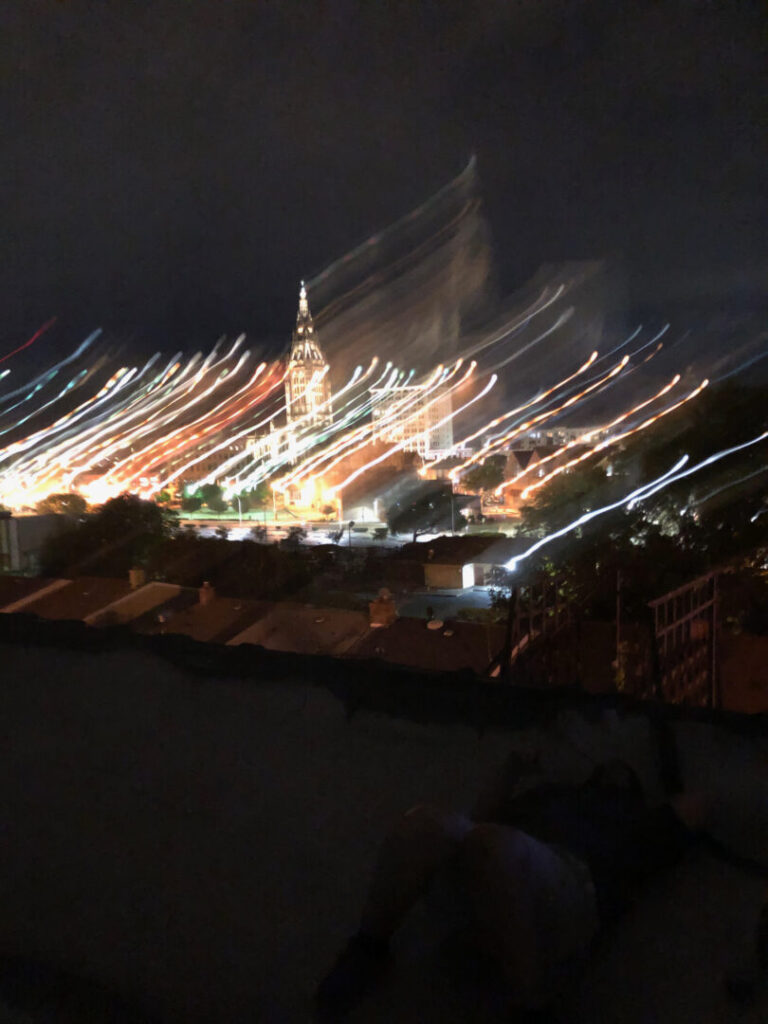With a mix of prose, critical reflection, and an accompanying series of drawings inside a daily planner, this intimate essay reimagines multiple conceptions of “space” in relation to different kinds of sickness and wellbeing. Meditating on COVID-19 quarantine spaces and bipolar disorder mood/mind-spaces allowed me to discover messied “third” spaces that explore margins, and complicate ideas of boundaries and binaries. Doing so allowed me to think through new possibilities of healing, restoration, and intimacy when we talk about mental health. I offer up my personal account of a young female Asian American graduate student navigating a ten-year struggle with clinical bipolar disorder, and the personal experiences of “madness,” relapse, and recovery during the winter and spring of 2021. I reflect on my daily routines inside my 800-square-foot apartment and my growing realization that prevailing ideas of “space” are incomplete and contradictory—but can be replete with futurities and learning possibilities. Fittingly, this creative piece does not endeavor to offer any neatly packaged analysis or solid conclusions. Instead, I present one account of grappling with mental illness under extraordinary circumstances and hope it can speak to individual and collective discussions on mental health, disability, and spatiality.
Keyword: quarantine
Finding Joy and Elegy: Poetry from Pandemic
Amidst the despair, desperation, death, and economic deprivation of the pandemic, poetry—and creative outlets more broadly—have arisen to assist us in both making sense of the world at large, as well as addressing our own struggles during and from these challenges. This essay seeks to put these works into conversation as part of a process—along with quarantine—of seeding, an opportunity to grow new roots and networks. Drawing from a field of established literary journals and ones established during and explicitly to address the pandemic, the essay aims to begin a process of distilling the ways that even amongst fear and loss we must (and will) find ways to find joy. This requires us to seek out new forms of elegy that elaborate and understand the importance of relations and joys between peoples, and the new relational possibilities that our life holds for us as we move towards a post-pandemic world.

